What Is a Blog? Definition, Benefits, and Challenges
If you click to purchase a product or service based on our independent recommendations and impartial reviews, we may receive a commission. Learn more
So you’d like to start a blog, but you aren’t sure what blogging even is, nor how to use a blogging website builder to make one in the first place.
That’s why we’ve made this comprehensive guide, where we walk you through everything you need to know about blogging and answer all your blogging-related questions. If you’ve ever found yourself asking “What is blogging?”, you’re in the right place!
So strap yourselves in, and get ready to begin your blogging journey.
What Is a Blog and What Is a Blogger?
A blog is like a very public diary entry that’s created, run by, or contributed to, by a blogger.
It’s a place where you – either individually or with a group of people – share your ideas, experiences, thoughts, and whatever else about a particular theme or subject in posts that are generally displayed in date order.
More Information
If you want to know how to set your blog up, we recommend checking out our detailed article on how to start a blog. Here, we’ll give you step-by-step instructions to help you get your blog up and running in no time.
Types of Blogs
You can blog about basically anything that interests you, but when it comes to defining specific types of blogs, they generally fall under four categories:
Personal Blogs: The vast majority of blogs are personal. This is you talking about something important to you, whether that’s life experience, your beliefs, or a unique passion. They can literally be about anything, so long as it’s personal to you.
Business Blogs: These are spaces that represent what’s important to a business, no matter the business’ industry or size. They generally reflect the nature of the business as well as the brand voice and values. They also help to attract customers, assist people with business-related problems, show off specific products, and establish that blog as an authority in its industry.
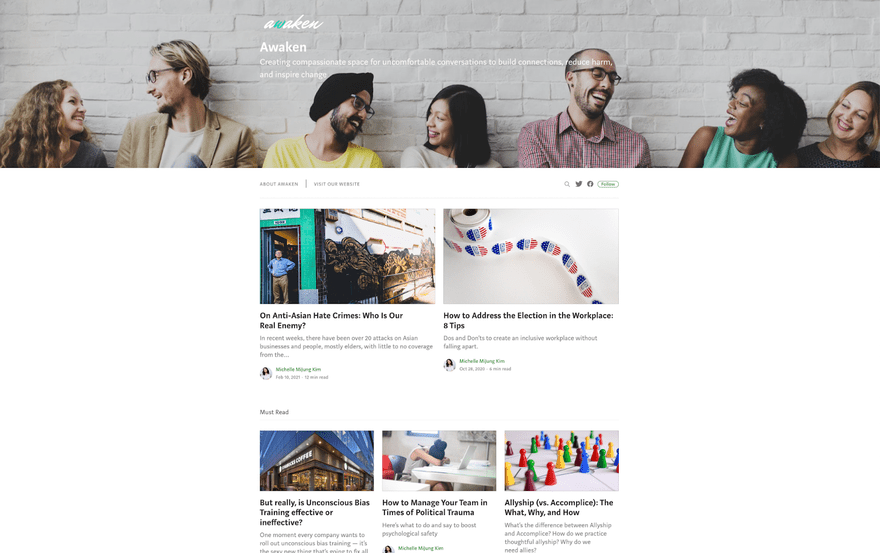
Niche Blogs: These blogs zero in on a niche topic and run with it. It doesn’t matter what the niche is, they exist for and cater to a specific audience segment.
Professional Blogs: These blogs can belong to both individuals and groups of people, but their main distinguishing feature is that they’re monetized. This means that bloggers use them to make money through things like sponsored posts, affiliate marketing, adverts, and direct merchandise sales. These generally need a lot of time to establish and make successful – especially if they’re run by one person.
Why You Need to Start a Blog
So you might be asking, “Why should I start a blog?”
The answer varies from person to person, but below, we’ll explore some of the most popular reasons for putting fingertips to keyboard.
Sharing Knowledge and Expertise
If you know a lot about something, why not step onto the stage and share it with the world? For every person who’s an expert on something, there’s an audience looking to learn about it.
You can also use your voice to talk about issues that are important to you, educate the public, and advocate for change. It doesn’t matter what the issue is (it could be something local like a park or library that needs funding, or a big issue like global warming or mental health), your passion can change things, and recruit others to the cause.
There are tons of conversations going on globally right now and starting a blog is a great way to become part of them. It gives you the chance to meet others with common interests and get to hear lots of different perspectives.
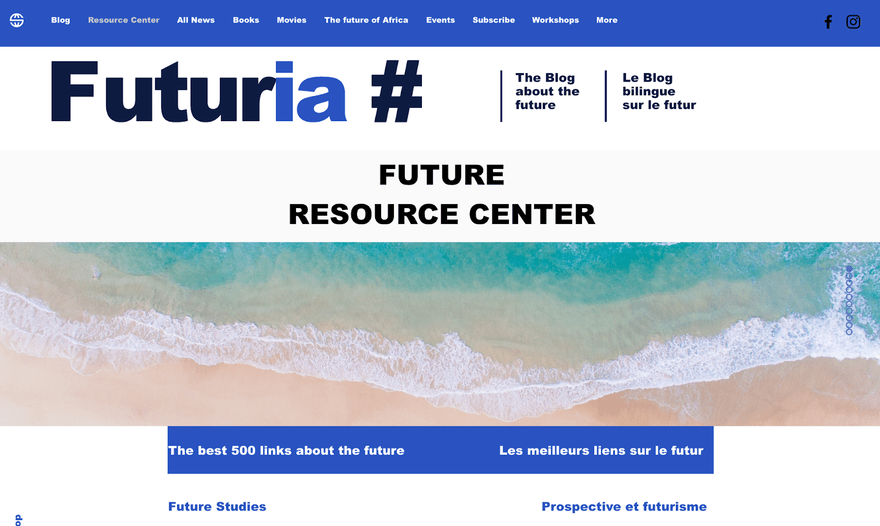
Attracting New Visitors and Growing Business
Blogging isn’t just its own reward. In fact, when done right, it can be a really powerful tool for your business or website, driving traffic and organic growth.
Writing consistent high-quality content (i.e. content that’s reliable, engaging, and solves the problems of your target audience) will bring more visitors to your blog and keep them on your website for longer. It can increase conversions and will keep your audience coming back for more.
When you regularly update your blog and optimize it with the right keywords and links, you can increase website traffic and SEO rankings. This means your website is more easily discoverable through internet searches. And the more traffic you bring to the site, the better your chances of converting those visitors into paying customers.
The more high-quality content you publish, the more you can establish your authority and credibility in the space. This not only gives you an advantage over your competition, but it builds trust with your audience. And – bonus – it makes collaboration with others a lot easier.
You can also connect with and engage your audience not only with your content but in the comments and discussions that come with it. This allows them to get to know who you are and what you’re about.
Lastly, with good content, you’ll bring in leads and revenue. That comes from the content directly but also through monetization strategies like adverts, sponsored posts, and affiliate marketing.
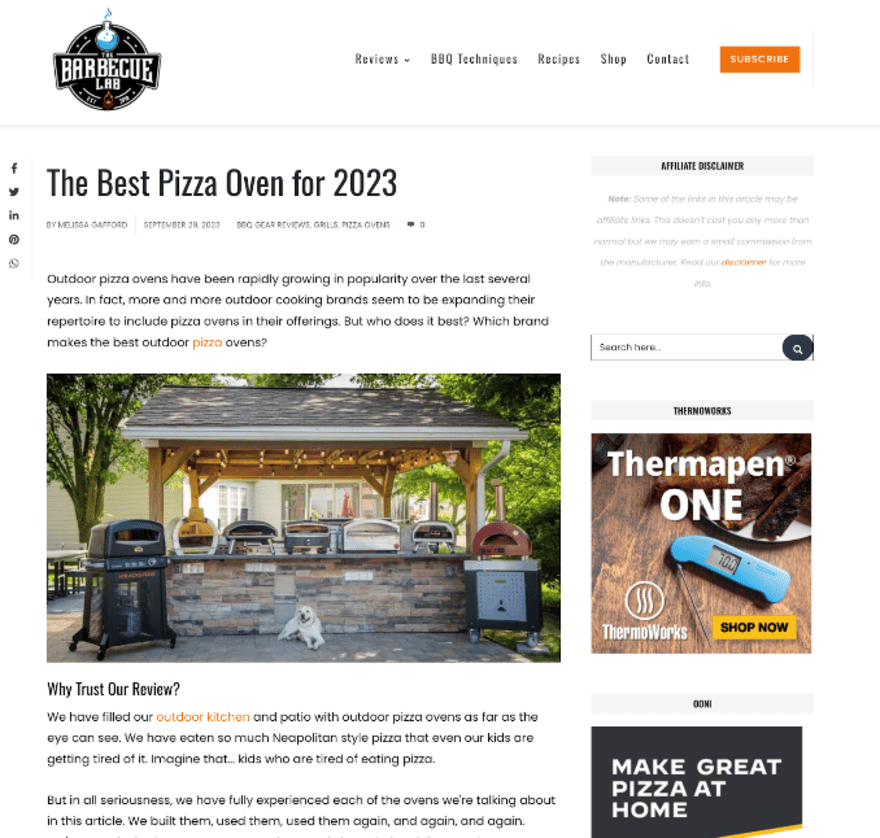
More Information
Need some help creating content for your blog? Check out some of our helpful articles below:
Blogging as a Marketing Tool
There are a lot of positives to blogging, but using blogging as a marketing tool is one strategy that can bring in a lot of goodness. Here’s a list of reasons why having your blog double as a marketing tool is a good idea.
- Thought leadership: Every topic in the world needs thought leaders. Thought leaders aren’t just people who know a lot about something – rather, they’re generally disruptors with a different point of view that is unique and intriguing. It gets attention and builds trust.
- Attracting potential customers: It can be hard to bring in new customers who aren’t familiar with you. But if your content specifically targets them and fills a need others aren’t filling, you’ll attract them.
- Community building: We all need strong communities where we feel we’re understood. When we feel connected to others, we feel valued and are far more likely to stick around. That’s why community-building is a great benefit of blogging.
- Leverage partnerships and cross-promotional opportunities: Networking and showing people what you can do leads to others getting excited about working with you. You may get new opportunities including short and long-term partnerships, along with chances to promote similar blogs that might do the same for you.
The Joy of Blogging
Sometimes the biggest reason to start a blog is just about enjoying the process for the process’s sake. It’s a chance to express your creativity and demonstrate your talents, no matter what they may be. The beauty of a blog is that because it’s your space you can experiment and innovate in whatever way you like. The sky’s the limit!
Blogging is its own intrinsic reward too. It feels good to know that what you have to say influences other people. When you share your ideas with the world, and find out that what you’ve done is meaningful to others, it can give you a real buzz.
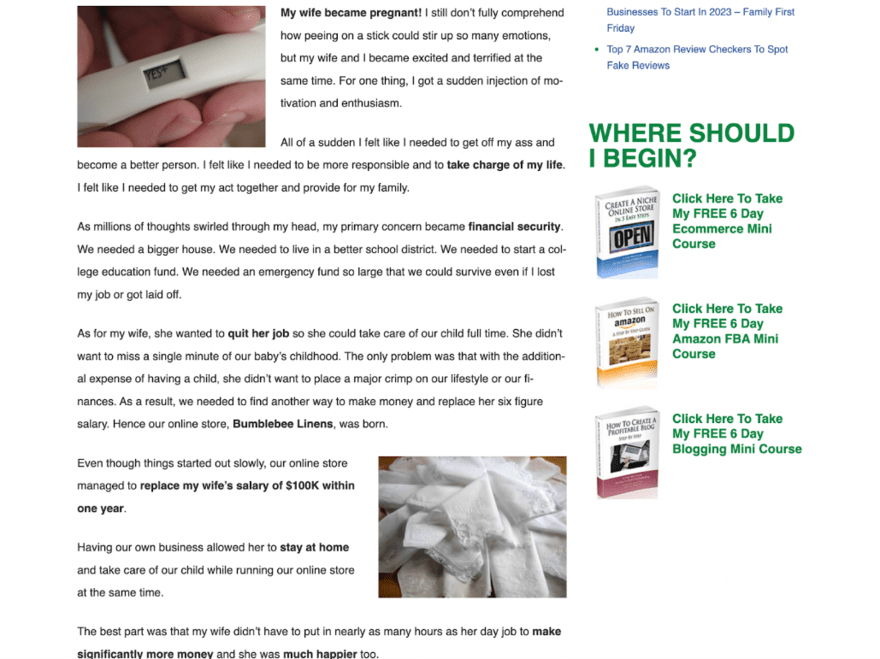
Challenges of Blogging and How to Overcome Them
As wonderful as blogging can be, though, that doesn’t mean everything will come easily. There are always challenges with this kind of thing. So what are they and how can you deal with them?
Generating Content Ideas
One of the major challenges is consistently generating content ideas that are unique and engaging. Here are a few ideas to help you keep things fresh:
- Keep an idea journal (on paper or on your phone/device) – write everything down, no matter how trivial the idea!
- Keep up on industry trends and stay updated
- Figure out how what you think is different to others
- Explore related message boards and research what your potential audience is looking for but can’t find in existing content
- Ask your audience directly what they want
Dealing with Low Traffic and Engagement
It’s hard when you haven’t got a lot of traffic or comments on your blog. After all, you’re working hard! Don’t panic – everyone goes through periods like this, especially when they’re first starting!
So how can you change this?
- Get updated information on the best times to post for your target audience
- Use SEO techniques as much as possible
- Use social media to share your blog posts
- Engage with your readers – don’t leave their comments unnoticed!
Time Management and Consistency
Blogging saps a lot of time, even if you love it. It can be hard to balance everything else you need to get done in life while giving your blog the time it needs to grow. How can you keep that consistent posting schedule going?
- Make a content calendar: If you can look at everything at once, you’ll see what’s coming up and plan accordingly.
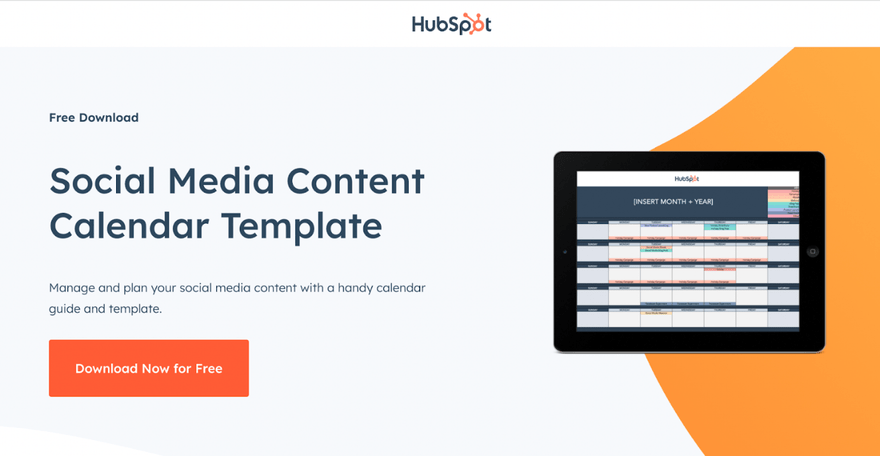
- Do tasks in batches: It can save time to do loads of the same tasks in one go. For example, try content batching and film or write a bunch of posts at once. Or create and draft all of your social posts for the following week together,
- Use automation tools: There are loads of tools you can use to schedule posts, send out alerts and emails about new content, and post on social media. Take advantage of them – when used right, they can be very cost-effective!
- Set goals you can meet: It’s easy to get caught up in the excitement of the newness and commit to rapid-fire content. Be careful of this! It’s so much better to post less often but meet your commitment than not to deliver what you promise.
Getting Started with Your Blog
So, now that we’ve gone through the blogging basics our shared some of our top blogging tips, are you chomping at the bit to get started?
If so, here are the steps that you can take to turn that blog from an idea into a reality:
Choose a niche and target audience: What do you want to talk about? And who would be most interested in it? Is there a segment you relate to whose needs aren’t currently met?
Select a blogging platform: Which platform would best meet your needs and attract the audience you want? We’d recommend checking out our list of the best blogging website builders to help you decide.
Design your blog: When designing your website, what design elements of your blog best suit your personality, talents and the blog’s point of view? And what can you do to make it as intuitive and user-friendly as possible?
Set up your blog: Whichever platform you choose will have a process for setting this up. Keep everything clear and ask questions if you need to along the way!
Craft high-quality content: Keep the priority on making content that engages, has value for your audience, and is share-worthy.
Promote your blog: Take advantage of social media, SEO principles, and networking to get your blog visible.
Measure success and adapt: Your platform (and Google, and other tools you might decide to bring on board) will give you analytics to track performance so that you can see what works, and what doesn’t, giving you the opportunity to tweak accordingly.
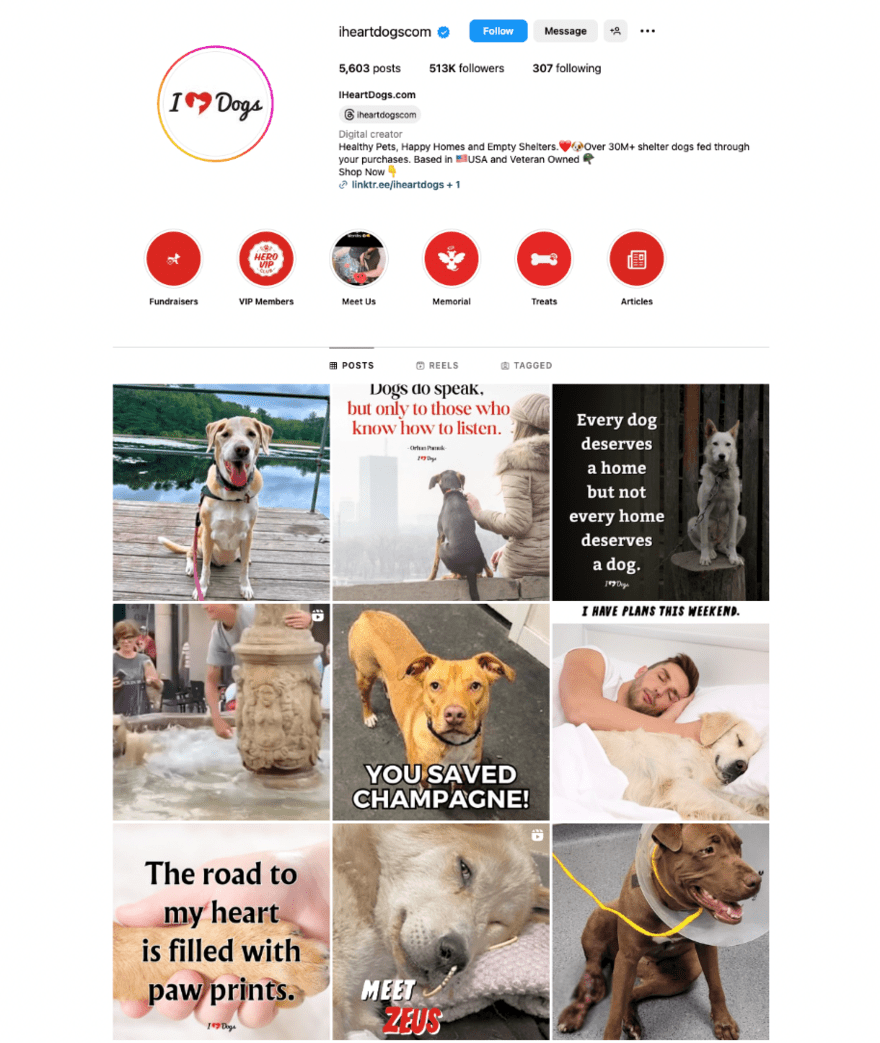
What Is a Blog: Summary
So now you should feel more secure in your understanding of what a blog actually is, and we hope you’re starting to get excited about creating your own blog.
Blogging offers so many benefits including giving you a platform for sharing knowledge, promoting your site or business, and allowing you a space for creative expression. It also gives you a way to join a global community and establish your voice as an authority on whatever topic you want to blog about.
Now that you know what a blog is, you can start your blogging journey today and bring in all the benefits it has to offer. Make sure you let us know about your experience in the comments below!


Leave a comment